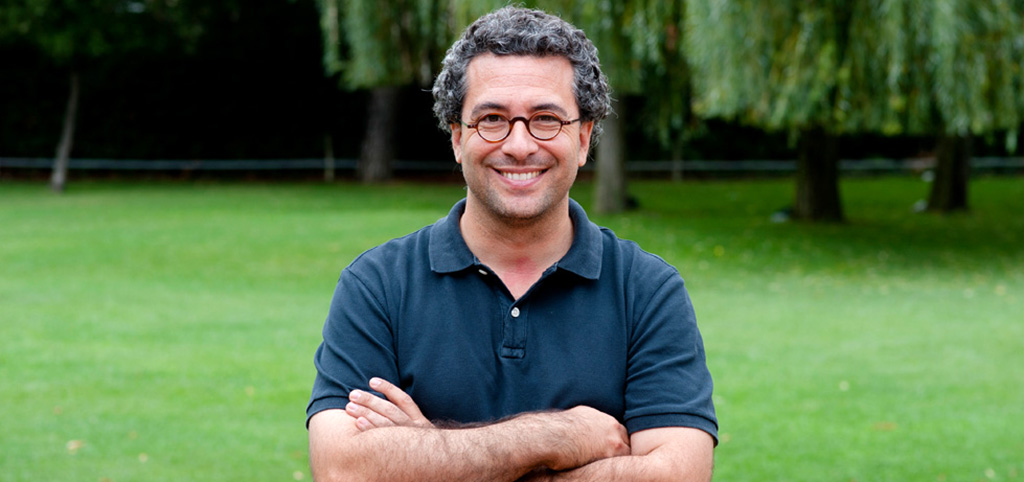Quique Bassat Awarded ICREA Research Professorship
Over the last 15 years ICREA has extended contracts to 255 researchers on the basis of excellence
09.01.2017
New year, new beginnings—as the saying goes—and this year it rings true for Quique Bassat. In 2017, the ISGlobal researcher will continue with the same lines of work and will have the same objectives as before, but this year he will be doing it as an ICREA Research Professor. He is the third researcher at ISGlobal who holds this position: Alfred Cortés, Hernando Portillo i Xavier Rodó took office sometime before.
Of all those who applied in 2016 for research professorships at the Catalan Institute for Research and Advanced Studies (ICREA), 177 were accepted as candidates. After a rigorous selection process, the evaluators selected 11 researchers—4 working in biomedicine—of whom Bassat was one. The ICREA professorship is a permanent contract, starting in January 2017, that allows him to continue his research at ISGlobal. ICREA researchers work in about fifty research centres and universities across Catalonia.
Excellence is the common denominator for this position, which is not restricted in any way by quotas related to nationality or field of work. The selection of successful candidates is the task of an international and independent evaluation panel of experts in each of the five areas of knowledge covered—humanities, life and medical sciences, engineering sciences, experimental sciences and mathematics, social and behavioural sciences—and all candidates must have doctoral degrees, recognized international experience and a career that demonstrates their scientific excellence and leadership qualities.
At the same time, this paediatrician who has worked in many countries worldwide has had a stellar career. Apart from his scientific achievements, in 2012, the Junior Chamber International—a worldwide organisation that works in partnership with the United Nations—honoured Bassat as one of the ten most outstanding young persons in the world in the field of medical innovation for his “extraordinary work in paediatrics and medical research in developing countries”.
The high quality and international renown of Bassat’s academic production together with his proven team leadership abilities were two important factors in his favour, backed by his work as a paediatric specialist. He explains: “I am sure that the fact that I applied through ISGlobal was an additional point in my favour because the scientific community is very aware of the institute’s pedigree.”
The position of ICREA research professor is an honour for a number of reasons, as Bassat explains. “Firstly, because of the prestige associated with the position.” Second, because he will become part of a “community of renowned researchers who have an interest in networking” and in this context he sees opportunities to strengthen professional ties and build collaborative projects.
Finally, because the ICREA professorship “will open many doors and give me financial independence, as well as providing greater visibility for my particular area of research—childhood diseases associated with poverty—an area that is particularly neglected in the research agendas of the western world today”. Finally, he adds “my ICREA appointment can also be attributed to recognition by the scientific community of the work well done here in the institute over the past years”.



